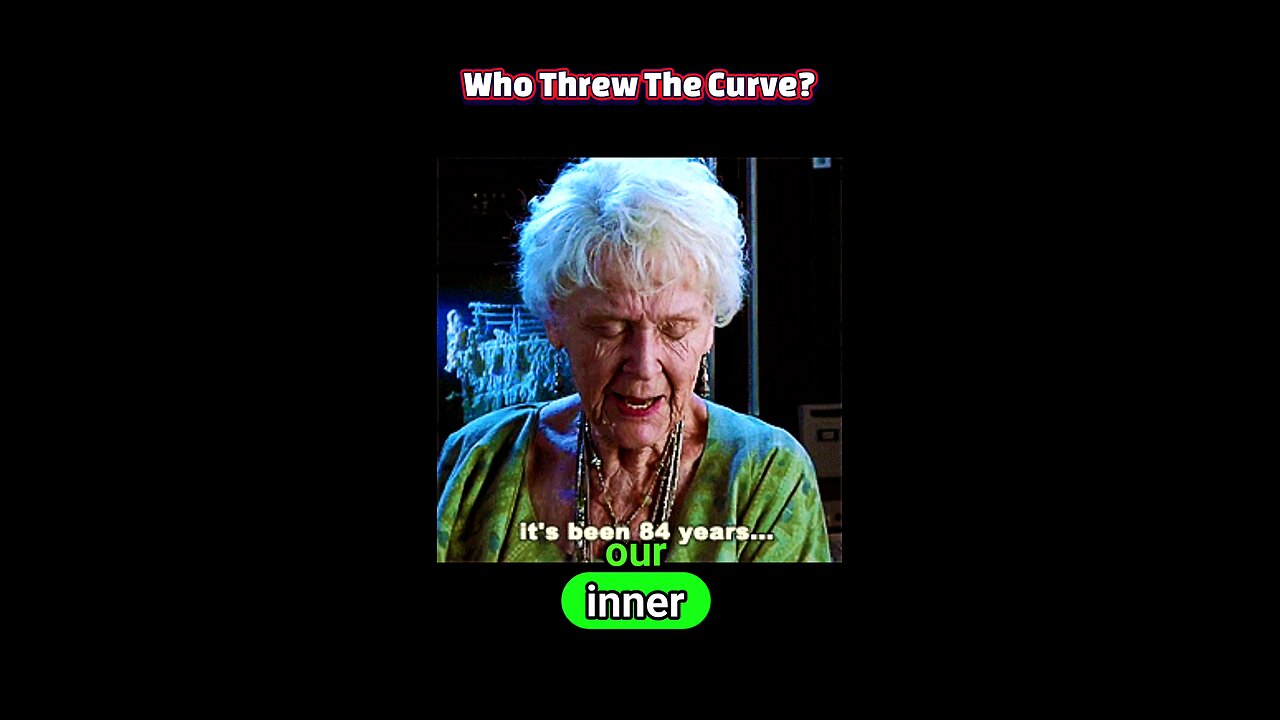Premium Only Content

Aging in Fast-Forward: The Science of Why Time Flies
#TimeFlies #AgingInFastForward #ScienceExplains #PerceptionOfTime #MemoryMatters #StayCurious #LiveInTheMoment #NoveltyEffect #new #newvideo #fyp
We’ve all felt childhood summers stretch on forever, then watched decades slip by in what feels like an instant. Scientists have long been intrigued by why our subjective clock speeds up as we get older.
The proportional theory offers a simple insight: for a 10-year-old, one year is 10% of their life; for a 50-year-old, it’s just 2%. That shrinking fraction makes each year feel shorter relative to the span of our whole lives.
Novelty plays a huge role in stretching time. When we’re young, almost everything is new, first bike ride, new friendships, learning to read, creating rich, densely packed memory archives.
As routines set in, far fewer unique memories are laid down. That sparse recollection leaves long stretches of adulthood feeling like a blur, rather than a vibrant collage of distinct experiences.
Attention matters too. Moments we watch the clock seem to drag, but when we’re engrossed in deep work, hobbies, or socializing, hours and years alike can slip by unnoticed.
Neurochemical shifts also tweak our inner timers. Declining dopamine levels in aging brains reduce the vividness of memory formation and interval estimation, subtly speeding up our temporal perception.
Our brains excel at prediction, and familiarity aids efficiency. The more predictable our environment, the more our neural circuits gloss over repetitive details, compressing our sense of elapsed time.
Emotional intensity acts as an anchor for memory. High-arousal events, first love, major career wins, momentous trips, stand out vividly, while calm, everyday routines fade into the background.
Temporal landmarks, graduations, moves, promotions, help us mentally segment our lives. As we age and settle into stable patterns, fewer of these milestones mean fewer signposts to slow our experience of time.
Researchers suggest the cure lies in novelty: learning a language, exploring new cities, picking up unfamiliar hobbies. By packing our days with fresh experiences, we enrich our memory density and coax our subjective clock to tick more slowly.
-

Barry Cunningham
4 hours agoPAM BONDI & KRISTI NOEM HOST A PRESS CONFERENCE AND JOHN RICH JOINS THE SHOW!
8.12K5 -
 1:01:50
1:01:50
BonginoReport
3 hours agoSeason 2 Of The Epstein Show Just Dropped - Nightly Scroll w/ Hayley Caronia (Ep.126) - 09/03/2025
16.9K15 -
 1:01:42
1:01:42
The Nick DiPaolo Show Channel
4 hours agoUS Vaporizes Venezuelan Drug Boat | The Nick Di Paolo Show #1787
26.1K20 -
 1:09:48
1:09:48
Kim Iversen
3 hours agoEPSTEIN VICTIM: We Have The Names. We'll Make The List.
19.5K50 -
 LIVE
LIVE
The Jimmy Dore Show
1 hour agoTrump’s HUGE About-Face on the COVID Vaxx! Epstein Victims Demand Justice In DC! w/ Mary Holland
5,788 watching -
 LIVE
LIVE
The Mel K Show
1 hour agoLive Q&A With Mel K 9-3-25
519 watching -
 LIVE
LIVE
Quite Frankly
5 hours agoOccult Pop Culture & The Anne Heche Mystery | Christopher Knowles 9/3/25
546 watching -
 LIVE
LIVE
The Mike Schwartz Show
2 hours agoTHE MIKE SCHWARTZ SHOW Evening Edition 09-03-2025
4,182 watching -
 1:06:42
1:06:42
TheCrucible
3 hours agoThe Extravaganza! EP: 31 (9/03/25
67K1 -
 LIVE
LIVE
Wayne Allyn Root | WAR Zone
6 hours agoWAR Zone LIVE | 3 SEPTEMBER 2025
91 watching